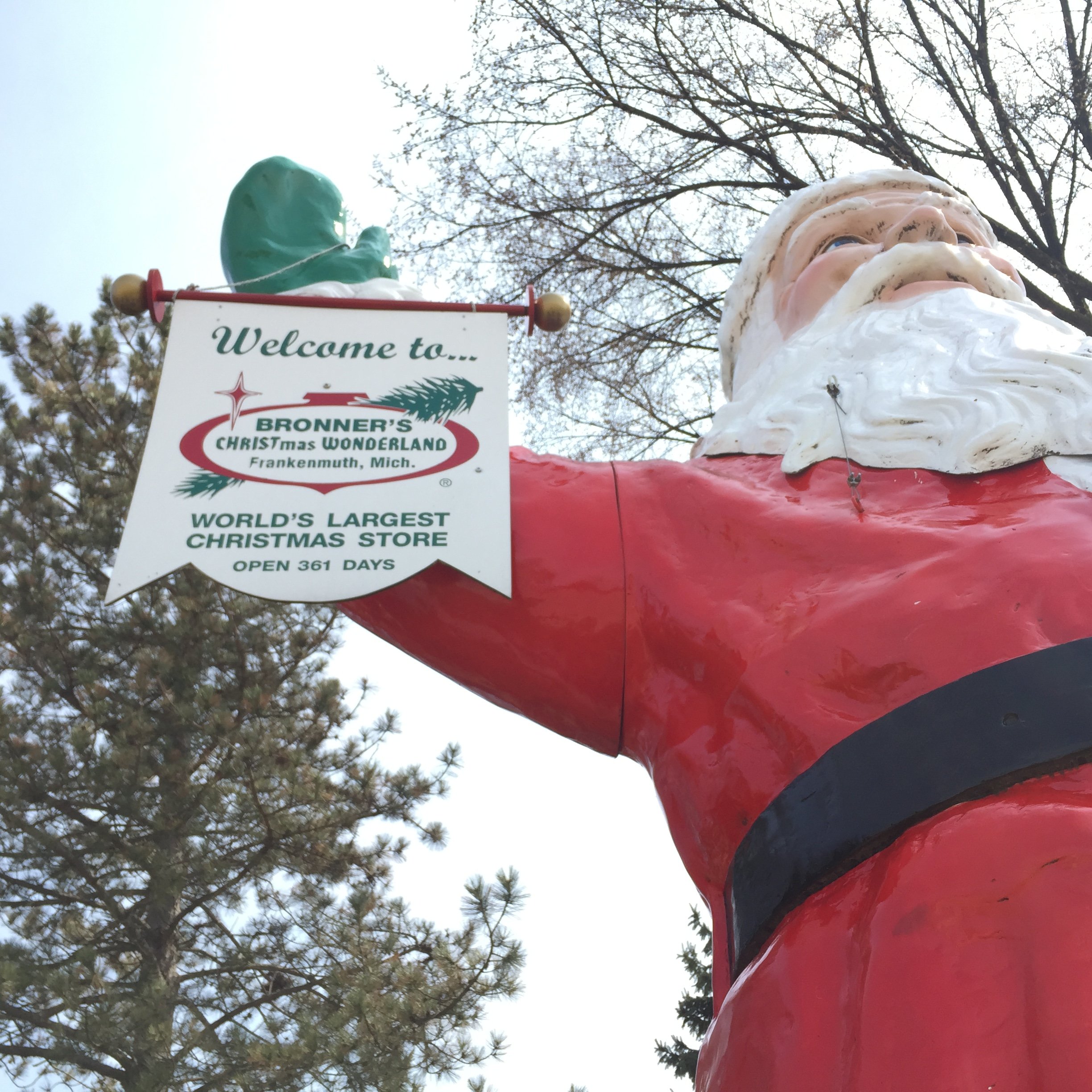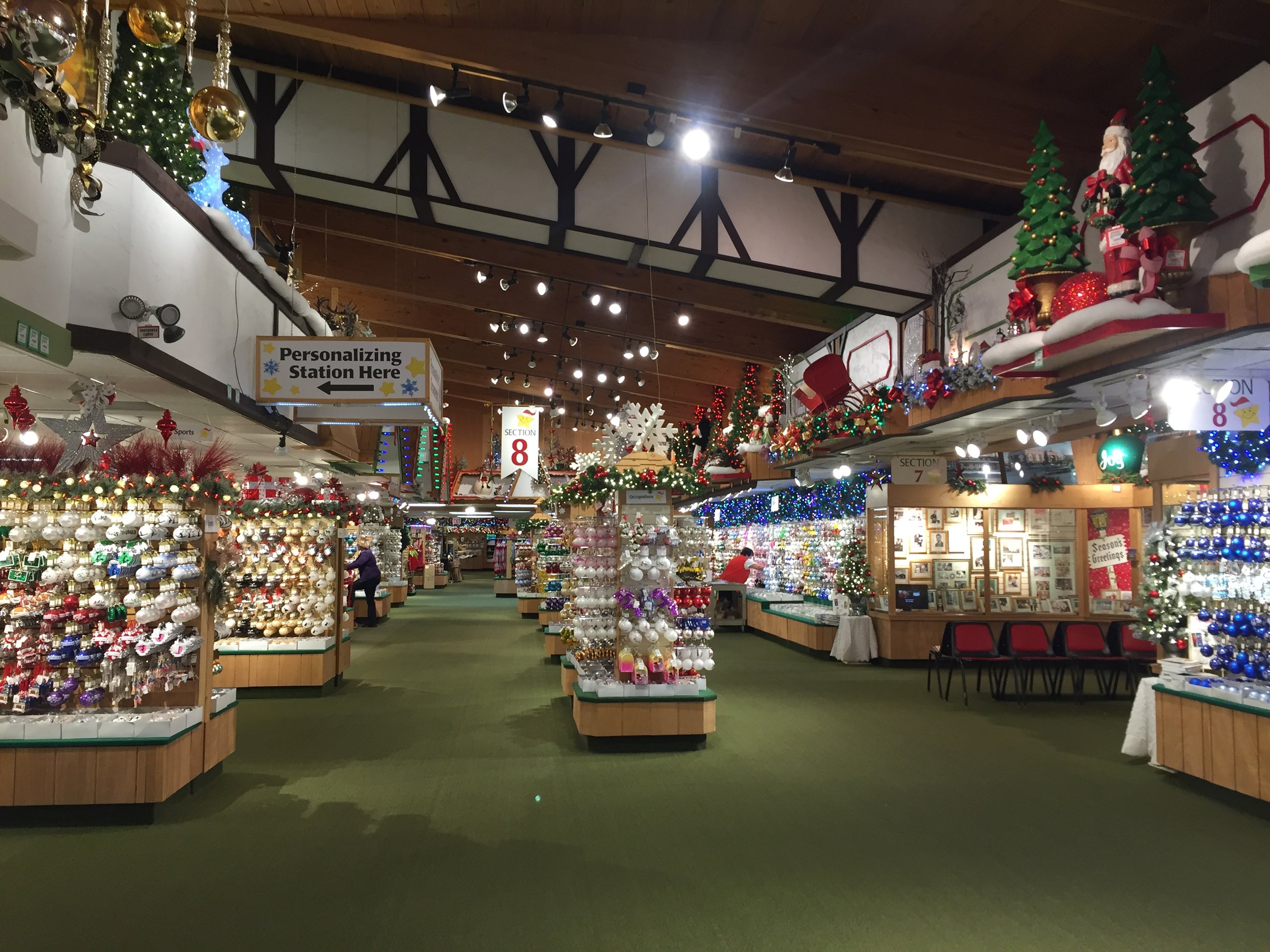pink = where I went
I went from our family road trip through the midwest to a five-day residency in Michigan at the Flint Public Art Project. The residency house was closed due to plumbing issues, so the director invited me to stay with him and his husband in their home in Carriage Town, the historical neighborhood in Flint.
The beautiful old house was formerly owned by a church and was the home of nuns. Joe and Phillip live there with their four dogs and cat. In my time there I became especially friendly with Leo and Toro, the big dogs.
Another artist, Agenor, was there at the same time. He was quiet and always working in his room but joined us for dinners. Joe and Phillip welcomed us like old friends, cooking us dinner and introducing us to their friends.
One night their friend Janet, an actor who teaches at the University of Michigan-Flint, joined us. She grew up on the west side of Flint, which in the seventies was a tight-knit community of families. She said that then, GM was committed to the quality of life for their community of workers. Community education started here, with the community college model. Then, when it wasn’t economically feasible anymore, they stopped. Now she lives twenty minutes away in Flushing, in a house on the river. She said she can’t live in Flint now. “It’s the place of my home. To see it in its current state is too hard. I’m too much of an empath.”
Phillip grew up in Byron, Michigan. His mom worked at Buick. He is a program manager for the Michigan Coalition to End Domestic and Sexual Violence. Joe grew up in Metro Detroit. He is writing a book with a friend about haunted Flint; he shared an early draft with me. He tells stories about the town like they’re old family stories.
Joe and Phillip and their friends care deeply about Flint and are invested in updating the story that is told about the town. The water crisis has branded it a site of systemic failure, but this is not what they primarily want to talk about. They want to talk about their artists, history, and community.
They explained that people here are deeply skeptical of outsiders who have money or a solution to the water problem, which still hadn’t been solved. The city remedied the situation in the parts of town that had the fewest lead pipes first. They still hadn’t done Carriage Town yet.
Joe said I should go to Donna’s Donuts by the old GM plant. He said there would likely be a crew of guys from the factory sitting and talking. The morning I went, there were people sitting around tables, clustered together, talking, drinking coffee, eating donuts.
There was a guy sitting at a table by himself near the group, and an empty table next to him. I sat at the empty table next to him. Then after a few minutes I got up and went over and told him I was doing an art project and asked him if I could sit with him. He said yes, and when I got my things and joined him at his table, one of the old guys at the group table said, “Hey how come you always get the good lookin girls coming to sit at your table?” and then we all started talking.
I told them about my project, and about how I’m doing it as a way of dealing with how divided our country is. One man said, “So are you doing this to kind of point out how great it is that Trump is bringing everyone together?” Oh wow! Well, no. I said I’m really just trying to meet people and have my own experiences in different states in our country. Then they started happily telling me where to go.
Basically, it was obvious where I should go. I must go to Bronner’s Christmas Wonderland in Frankenmuth, an enormous store for Christmas ornaments.
The parking lot (which is also on board with never-ending Christmas time; nay, CHRISTmas time) was made for a season that wasn’t this one. Its vastness was a preface to the size of the store.
I stumbled through the wide aisles for over an hour, passing every imaginable kind of ornament.
I covered the same ground several times, forgetting where I was while trying to pick out one ornament to buy. At last I found an RV, to commemorate our big family road trip.
I know stores like this must exist (right?), and that they need to be open all year (right?), but it also felt like a newfound, aggressively festive argument with Time itself. It is April. It is Christmas. It is April. It was more spiritually confounding than it should have been. I wondered about the souls of the people working in this Holiday version of Groundhog Day. I asked the woman who rang up my RV ornament if Christmas was still special for her. Without humor, she said yes, she just doesn’t decorate as much as she used to.
That night at dinner, the night Janet came over, Phillip brought palm fronds to the table. He had gotten them at mass for Palm Sunday, and folded them into crosses as we talked about growing up Catholic and religion. Janet said she is Christian but can’t bring herself to describe herself that way because of the alt-right and what the word Christian means today. Phillip goes to St. Paul’s Episcopalian. Eating dinner with them while the dogs asked for bits of our pasties felt like a balm after my time in the Christmas wonderland.
















